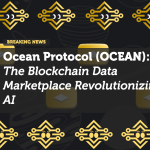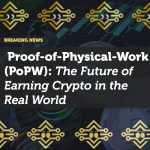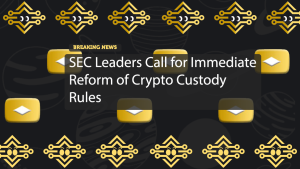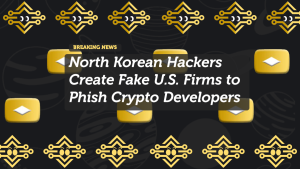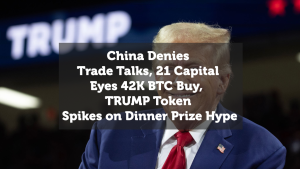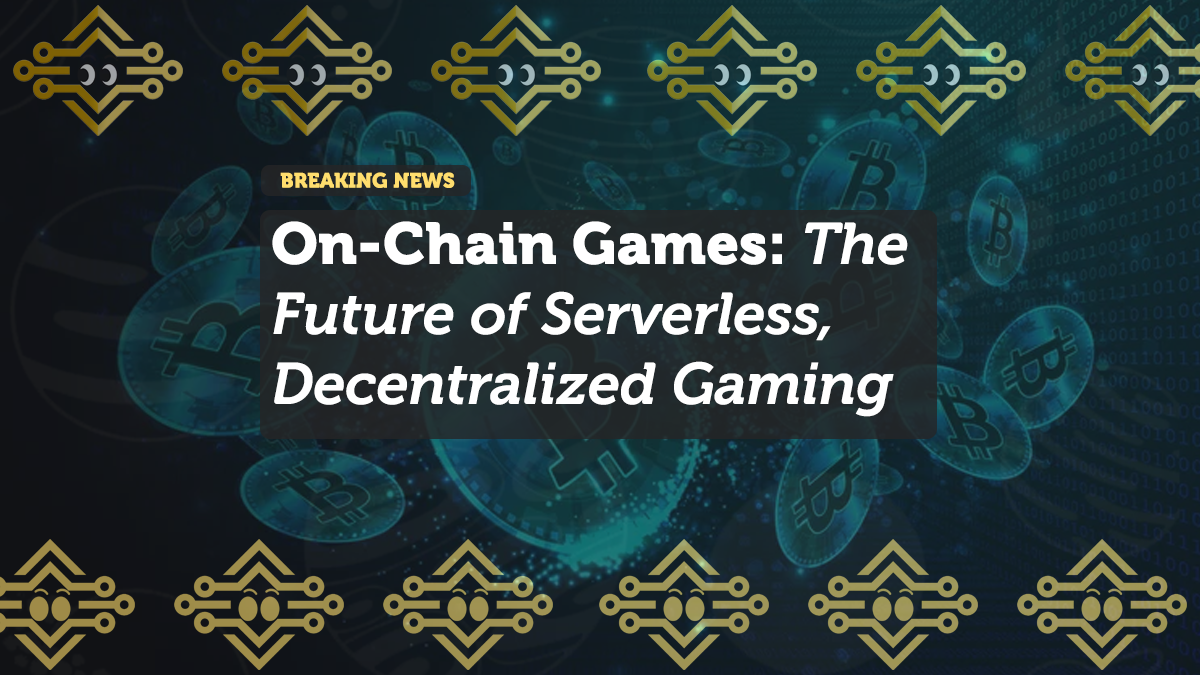
On-Chain Games: The Future of Serverless, Decentralized Gaming
Imagine a game that never shuts down, has no corporate control, and exists forever on the blockchain.
This is the promise of fully on-chain games—games where everything, from player actions to game assets, is stored and executed on a blockchain.
Unlike traditional games that rely on centralized servers, on-chain games run independently of any single company. As long as the blockchain network exists, so does the game.
Let’s explore how fully on-chain gaming works, its advantages, limitations, and what the future holds.
What Are Fully On-Chain Games?
Fully on-chain games (FOCGs) are video games where all game logic, assets, and interactions exist on a blockchain.
Unlike traditional online games, which rely on centralized servers, on-chain games:
✅ Store all game data on blockchain—not just in-game assets like NFTs.
✅ Use smart contracts to govern game mechanics, preventing cheating or modifications.
✅ Do not require a central authority—no company can shut them down or change the rules arbitrarily.
✅ Are censorship-resistant—once deployed, they can run forever.
This radical shift in gaming architecture gives players true ownership and full transparency over their in-game worlds.
How On-Chain Games Work
1. Smart Contracts as the Game Engine
- The game’s rules and mechanics are encoded in smart contracts on a blockchain.
- Every action, such as moving a character or crafting an item, is a blockchain transaction.
- Players interact with the game by sending transactions to the game’s smart contract.
2. Decentralized Storage for Game Assets
- Traditional games store assets on centralized servers, while on-chain games use:
- IPFS (InterPlanetary File System)
- Arweave (permanent decentralized storage)
- Direct blockchain storage (for smaller assets like metadata and game logic)
- Unlike traditional NFTs that store metadata off-chain, on-chain games store everything on blockchain.
3. Player-Owned Game Worlds
- Items, characters, and even land in the game exist as NFTs or tokens.
- Players truly own their assets—they can sell, trade, or transfer them without the game developer’s approval.
4. Forever Playable
- No central server means the game cannot be shut down.
- As long as the blockchain network runs, the game remains fully operational.
Advantages of Fully On-Chain Games
| Feature | Benefit |
|---|---|
| No Shutdowns | The game lives on the blockchain and cannot be taken offline. |
| True Digital Ownership | Players truly own assets instead of renting them from a company. |
| Decentralized Game Governance | Players can create rules, expansions, and updates via governance tokens. |
| Transparent & Cheat-Proof | Smart contracts prevent exploits, bots, and hacks. |
| Interoperability | Items from one game can be used in another, creating cross-game economies. |
Unlike traditional online games, where developers can delete accounts or modify game rules, on-chain games put control into the hands of players.
Challenges & Limitations
Despite their advantages, fully on-chain games face several challenges.
| Challenge | Limitation |
|---|---|
| Scalability | Every action is a blockchain transaction, which can slow down gameplay. |
| Expensive Transactions | Gas fees on Ethereum and other blockchains can make frequent interactions costly. |
| Graphics & Complexity | Current on-chain games are simpler than AAA games due to blockchain limitations. |
| User Experience | Gamers unfamiliar with wallets and smart contracts may find it difficult to play. |
However, Layer 2 solutions, rollups, and gas-efficient chains are making on-chain gaming more viable.
Examples of Fully On-Chain Games
1. Dark Forest (Ethereum + ZK-SNARKs)
- A space strategy game where players explore and conquer planets.
- Uses zero-knowledge proofs (ZKPs) to enable hidden information and strategy without central servers.
- Players interact entirely on-chain, making it one of the most advanced decentralized games.
2. Loot (for Adventurers)
- A text-based game where players own on-chain generated adventure gear as NFTs.
- No official game rules—the community builds quests, stories, and mechanics around the assets.
- Represents a new form of decentralized game development.
3. Sky Strife (Starknet)
- A real-time strategy (RTS) game where all units, battles, and interactions are recorded on blockchain.
- Players can build custom factions and interact in a fully decentralized environment.
4. OPCraft (Optimism Layer 2)
- A Minecraft-style blockchain game where blocks, resources, and land ownership exist fully on-chain.
- A step toward decentralized virtual worlds and metaverses.
These projects showcase the potential of on-chain gaming, despite technical challenges.
The Future of On-Chain Gaming
AI-Generated On-Chain Worlds – AI-generated NPCs and game environments could be stored on blockchain for fully dynamic games.
Interoperable Metaverses – Players could move items, characters, and currencies across different on-chain games.
Low-Fee Chains (Layer 2, Solana, Starknet) – L2 solutions will reduce fees, making real-time on-chain gaming smoother.
GameFi & DeFi Fusion – Play-to-earn mechanics will merge with decentralized finance (DeFi), creating in-game staking, lending, and yield farming.
The future of blockchain gaming is heading toward full decentralization, where games never die, assets are truly owned, and players shape the game world.
Final Thoughts: Will On-Chain Games Replace Traditional Gaming?
Fully on-chain gaming is still in its early days, but it represents a paradigm shift in how games are built, owned, and played.
Why It Matters
✅ Games that last forever, with no centralized control
✅ True ownership of in-game assets
✅ Community-driven worlds, free from corporate interference
Challenges That Need to Be Solved
❌ High transaction costs and slow blockchain speeds
❌ User experience barriers for mainstream gamers
❌ Limited graphics and gameplay complexity
As Layer 2 solutions improve and blockchain gaming technology evolves, on-chain games could become a serious alternative to traditional gaming.
The Big Question: Would You Play a Game That Lives Forever?
Would you prefer a decentralized, player-owned game over a traditional online game?
Or do you think on-chain gaming is still too early to compete with major studios?
Let’s discuss! Would you invest in or build an on-chain game?









